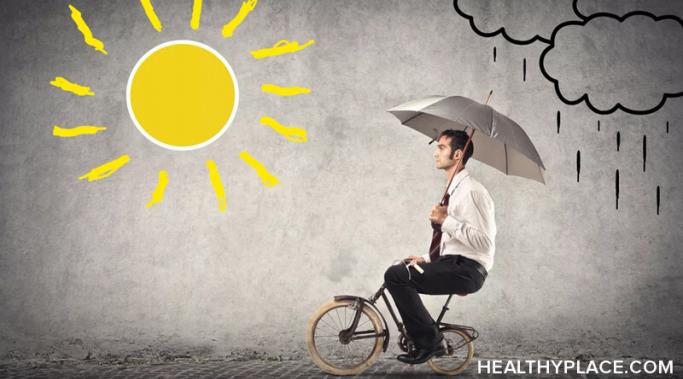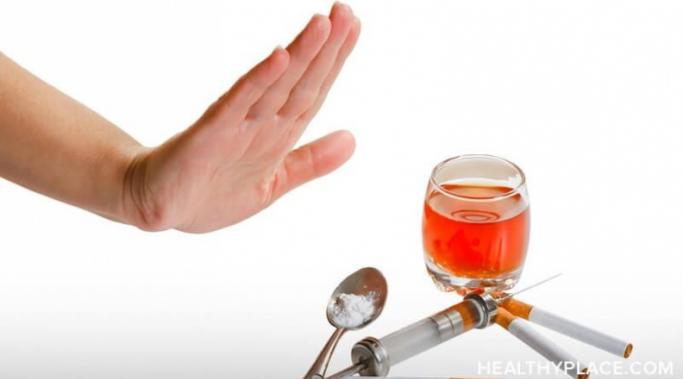One of the most harmful myths surrounding alcohol addiction recovery is the idea of relapse and day one. Mainstream recovery modalities and the criminal justice system use fear to ignite abstinence, preaching that perfection is the only acceptable path forward. It is normal and expected to relapse and return to day one after a slip.
Relapse - Debunking Addiction
The number of times I have woken up after a binge-drinking episode and said to myself, "I am not drinking this weekend," or even bolder, "I am never drinking again," just to find myself back at the liquor store a few days later could be considered humorous. I have experienced feelings of shame and embarrassment many times after breaking that promise to myself and having a binge-drinking relapse. It has taken a lot of self-work to reach this point, and not all days feel this way, but I now hold self-compassion close to my heart, even during a binge-drinking relapse, and I encourage you to too.
As we face our final days of 2020, the holiday stress is rising, and many of us with a history of addiction are bracing ourselves for the food-related festivities that can worsen food addiction and disordered eating. The holidays can feel terrorizing and traumatic for numerous reasons, but a big factor could be the substances consumed around this time of year. For some, the dread of holiday cocktails might cause anxiety, but for others, the sacred meals and traditional foods could be the cause for concern.
Lately, I have experienced a few uncomfortable conversations with some of my nonaddicted friends questioning the strength and tenacity of recovering addicts. I imagine the concepts and struggles of behavioral and substance addictions seem quite confusing to those who have never fought these horrific demons firsthand. I grew up in a home with addiction, so prior to experiencing this for myself, I also had a lot of questions and confusion around the topic of addiction. However, now I can truthfully say with confidence that recovering addicts are likely some of the strongest and most capable people you will ever meet in your life.
As someone who has not only personally experienced addiction recovery but has also worked as an addiction professional, I know all about the idolization of the sacred sobriety date. However, if you've followed this blog for long, you've probably noticed that I've never given my exact sobriety date or the precise weeks, months, or days I've been free from my addiction. This is because I really don't honor the sacred sobriety date like so many others do in addiction recovery. I have no ill will towards those who do participate in this ritual, but I've learned over time that it just isn't my thing.
As a recovering addict, I know just how daunting it can be to prepare for the summer party season. From miscellaneous pool parties, summer weddings, and all the various holidays that fall throughout the summer months, this time of year can be challenging for those of us with a history of addiction.
Are you a recovering addict who needs tips for vacationing? I recently had the pleasure of joining my husband on his work trip to Las Vegas, but I'd be lying if I said I didn't have concerns about visiting Sin City as a recovering addict.
When fighting addictions of any kind there are many important elements that support sobriety, but one of the most crucial ways to prevent relapse is by creating and maintaining healthy routines. In my experience, when you are missing aspects of your personal healthy routines, you are more susceptible to unhealthy thoughts, damaging choices, and most important, relapse.
It's important to know how to identify the warning signs of addiction relapse when you have a loved one who is in recovery from addiction. There are some telltale signs that a person in recovery is moving toward an addiction relapse, even before they actually use drugs or drink again. When you are able to identify those signs, you may be able to help your loved one avoid relapsing and get his or her feet firmly planted back in recovery.
If you have ever suffered from any kind of addiction, then you know that dealing with addiction cravings to avoid relapse isn’t easy. It’s an overwhelming feeling of need that feels like it can only be satisfied by going back to your addiction. I know how it feels – in early sobriety, I had intense addiction cravings that felt all-consuming. I had to learn to deal with them, or I was in danger of relapsing. For me, learning how to deal with the addiction craving was the key to avoiding relapse.









